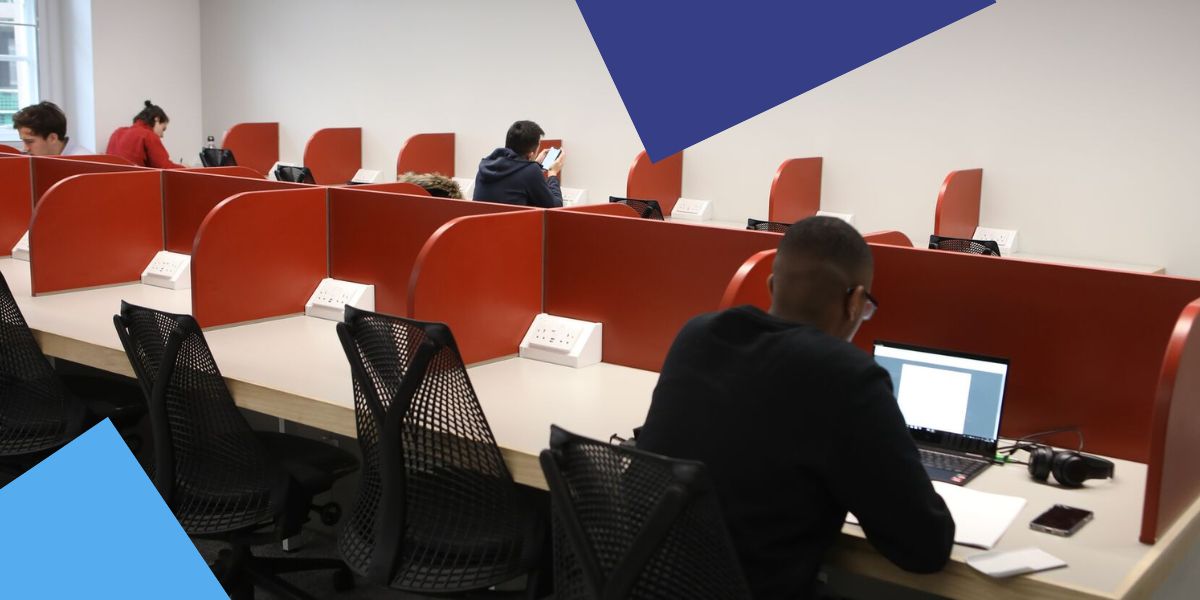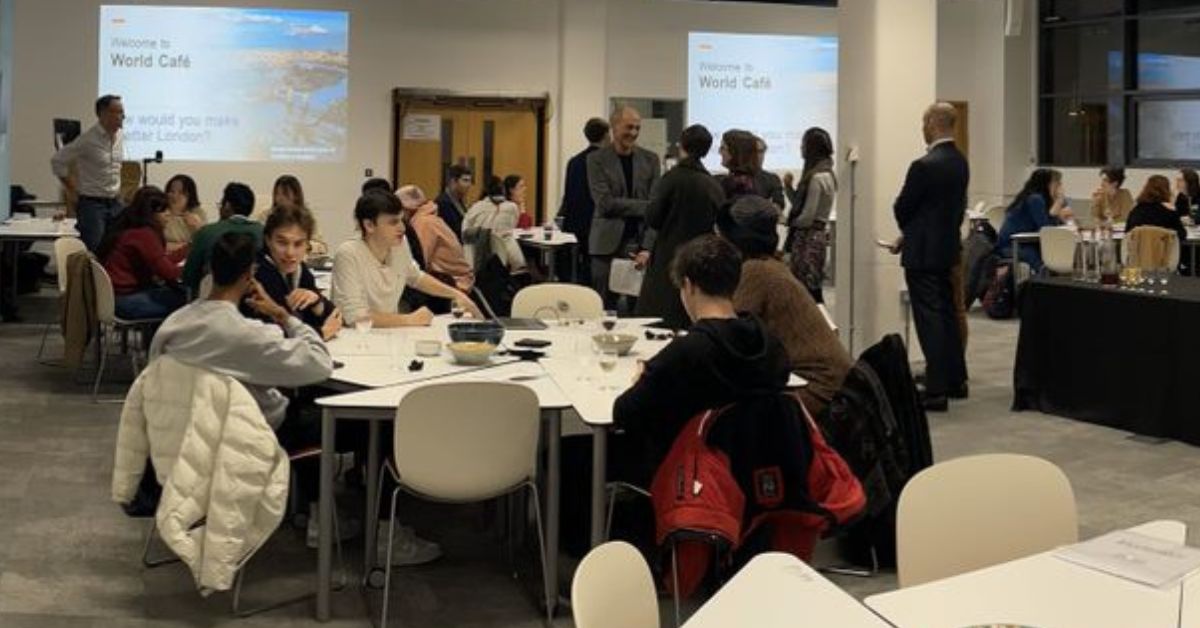Going from twenty contact hours during A-levels to only eleven in Michaelmas Term was quite a pleasant shock for me. I was very happy with my new, sparse timetable and assumed that university work would be far less demanding that everyone claimed.
I was wrong—in a sense. Nothing would or could ever compare to the stress of doing an A2-level course in three months (for those wondering, Malaysian colleges do A-levels in effectively fifteen months, if you start in July, and I had a particularly disorganized teacher) and knowing that the university you go to, the country you go to, is wholly dependent on how well you do in eight or nine exams. First year of university is easy in comparison. But unlike school or college, at university lectures are really the bare outline of the subject that you are supposed to read up on. The majority of your time will be spent independently reading and researching things that are recommended on the reading list, so that you can discuss them in classes. Especially if you do a more qualitative subject, you will be spending 2-3 hours a week on each of your subjects just reading and making notes. The work you get assigned for quantitative subjects is also much more challenging and will require actual brainpower to solve: gone are the days of mindless brain-numbing compulsory homework that was set every week.
Classes are not like school classes where the teacher “talks at” you, either. Classes are where you discuss the readings that the teacher assumes you have done and it’s difficult to gain much from a class if you haven’t read beforehand (something that I clearly haven’t learned from my GV 100 lessons). Conversely, if you have formed opinions about the readings beforehand classes are really interesting and help you consolidate your knowledge. Another thing that I have realised is that lectures are generally only there to provide a broad overview of the topic before you find out the details through the readings: if you are productive, and read beforehand, they can be quite useless.
I am convinced that the LSE has the most popular university library in the world. Because of the lack of real campus, it’s a place that students go when they have a break in between their lectures or classes, not to do work, but simply to have a place to sit and relax. After 12 pm on a weekday, there is little chance of grabbing a seat on the extremely popular fourth floor, even though many seats may be unoccupied: they will have been “reserved”, with a book or bag deemed disposable placed on the table. Rumour has it that one seat has been thus reserved for three weeks. Perhaps that’s why the LSE has a reputation for being one of the only places in the UK where first-year students use the library?






I d like to know more about study here. Could you please kindly assist of me. Thanks and best regards vivian
Hi Vivian,
Information about study at LSE, and our programmes is available on our website: lse.ac.uk/study. If you have a specific query, you can contact stu.rec@lse.ac.uk